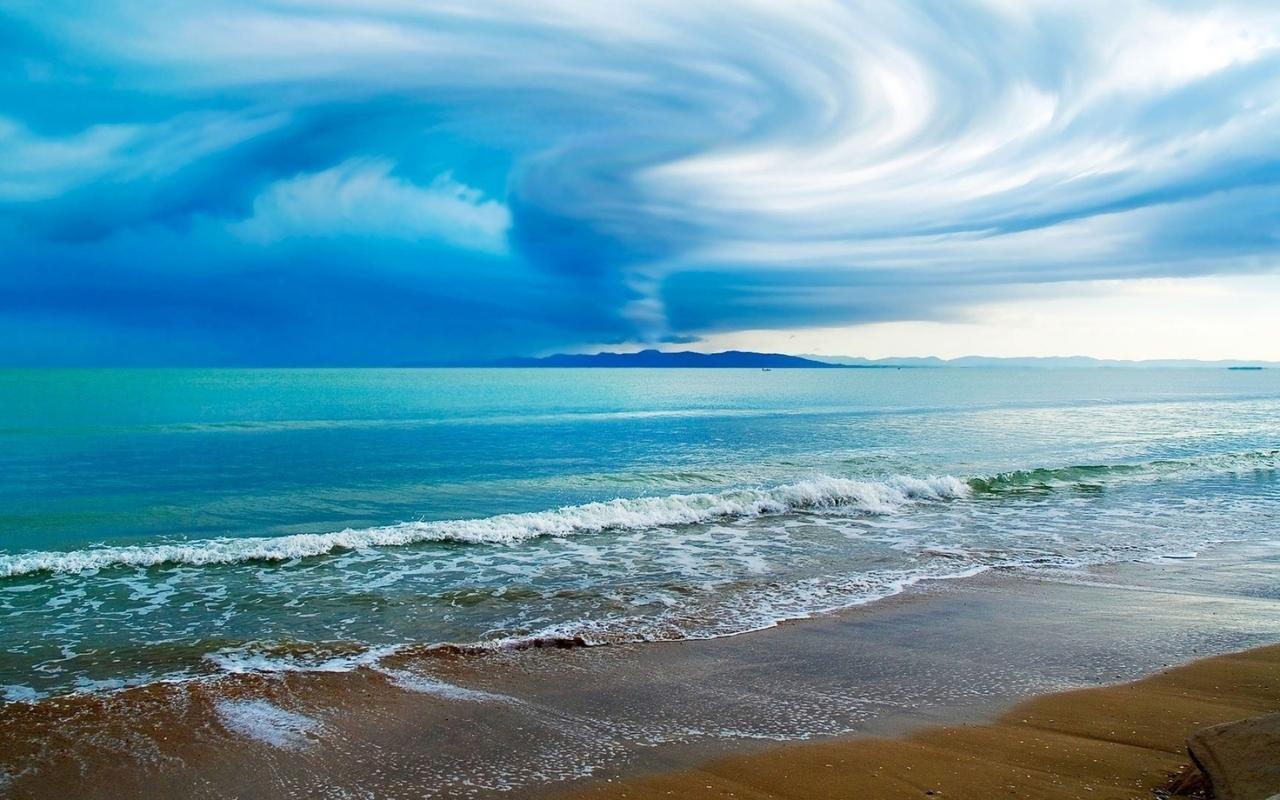New Zealand is a country unique in its character and rich in cultural heritage. The country’s cultural identity and history have evolved over the years, resulting in a vibrant society that celebrates diversity. From traditional Maori culture to contemporary Kiwi lifestyle, New Zealand’s cultural identity is an interesting and beautiful journey to explore. In this article, we take a closer look at the Journey through Cultural Identity in New Zealand, examining how the country’s cultural identity has evolved over the years.
The Beginnings
Maori culture forms the foundation of New Zealand’s culture and identity. Maori settlers arrived in New Zealand over 1000 years ago, bringing with them their beliefs, languages, and traditions. Today, Maori culture, art, and language are integral parts of New Zealand’s society. This influence is visible in architecture, art, music, and place names, giving testament to the strong cultural connection between the Maori people and New Zealand.
The Arrival of Europeans
New Zealand’s history took a significant turn in the 19th Century when Europeans arrived in the country. This introduced a new cultural identity in the country, one that blended traditional Maori culture with European practices, beliefs, and traditions. Over the years, Maori and European cultures continued to influence each other, leading to the formation of a unique cultural identity that is uniquely New Zealand.
Celebrating Diversity
New Zealand’s cultural identity is not limited to Maori and European cultures. People from different parts of the world have made New Zealand their home, bringing their unique cultures with them. This has contributed to the country’s rich cultural landscape, making it an excellent example of a multicultural society. Today, New Zealand celebrates its diversity through various cultural festivals and events.
Preserving Cultural Heritage
Preserving cultural heritage is an essential part of maintaining a country’s cultural identity. In New Zealand, it is done through museums, art galleries, and cultural centers, among others. The Te Papa Tongarewa Museum in Wellington is an excellent example of a museum that celebrates New Zealand’s history and cultural identity. Visitors can explore Maori culture, the country’s natural history, art, and more.
Impact on Modern Life
New Zealand’s cultural identity has also influenced modern life in the country. The Kiwi lifestyle, for example, is a unique blend of Maori, European, and Pacific Island cultures. This cultural affinity is visible in the way Kiwis interact with each other, their work ethic, and their love for the outdoors. Kiwis are known for their laid-back attitude and unique sense of humor, which are hallmarks of New Zealand’s cultural identity.
In conclusion, New Zealand’s cultural identity is an interesting journey that spans centuries. The country’s unique blend of Maori, European, and Pacific Island cultures has contributed to its vibrant and diverse society. The influence of these cultures is visible in architecture, art, music, and lifestyle, making New Zealand a country worth exploring. By preserving its cultural heritage, celebrating its diversity, and embracing its unique identity, New Zealand has become a shining example of a multicultural society.
(Note: Do you have knowledge or insights to share? Unlock new opportunities and expand your reach by joining our authors team. Click Registration to join us and share your expertise with our readers.)
Speech tips:
Please note that any statements involving politics will not be approved.
